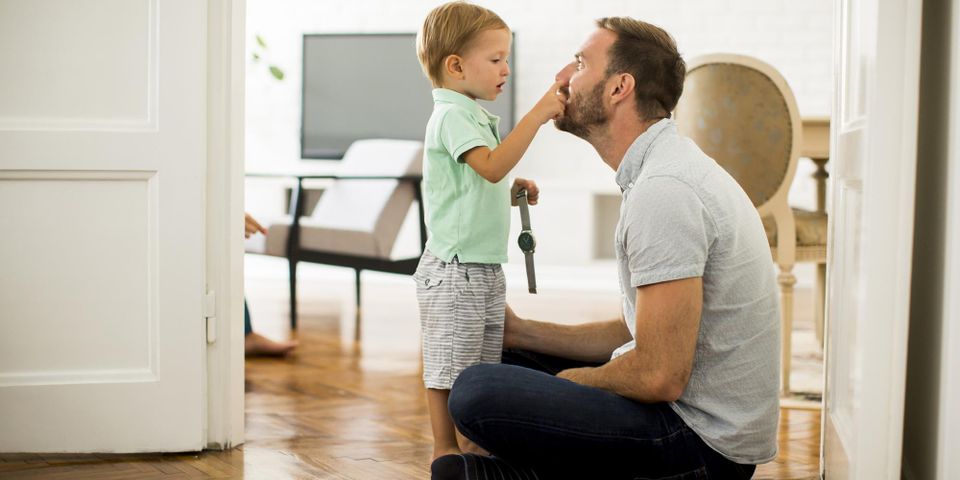
Parents have legal obligations to support their children, whether they live with them or not. Each state’s family law sets out rules for ensuring parents meet their financial responsibilities. Whether you’re going through a divorce with children or have established paternity without marrying your child’s other parent, here’s what you should know about Wisconsin’s child support provisions.
Child Support Basics Under Wisconsin Family Law
Definition
Child support is money a parent pays regularly for the needs and care of their child when the parent does not have legal, physical custody. Payments continue until each child turns 18; however, for children still in high school or completing their GED, parents pay until they reach 19 years old.
A noncustodial parent might make direct payments to the parent with legal custody of the child. Alternatively, they may pay through a court’s administrative office or local child support office.
Purpose
 Child support covers items such as clothing, food, and shelter. It may also include extra medical expenses for children with special needs. Past-due child support is a priority debt if you file for bankruptcy and cannot be wiped out by a discharge. Wisconsin enforces past-due support cases for up to 20 years after the youngest child turns 18.
Child support covers items such as clothing, food, and shelter. It may also include extra medical expenses for children with special needs. Past-due child support is a priority debt if you file for bankruptcy and cannot be wiped out by a discharge. Wisconsin enforces past-due support cases for up to 20 years after the youngest child turns 18.
How the Law Determines Support
Generally, Wisconsin courts use standard guidelines to determine the amount of money noncustodial parents must provide for supporting their children. Under family law, the formula used to calculate how much a parent pays considers parental income, whether a parent supports other children, and the amount of time each parent spends with the child.
Special rules apply in cases where parents have high or low incomes, support multiple households, or share or split placement of their children.
To understand and exercise your rights regarding child support under Wisconsin family law, turn to Arndt Buswell & Thorn S.C. With more than 25 years of experience representing parents throughout La Crosse and Monroe counties, WI, these lawyers will help you navigate the system and reach a fair resolution. They also practice bankruptcy, estate, and personal injury law. To learn more about their services, visit the website. To make an appointment, call (608) 269-1200.
About the Business
Have a question? Ask the experts!
Send your question

